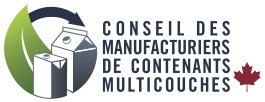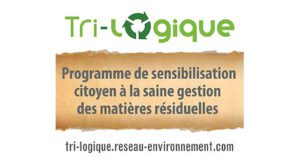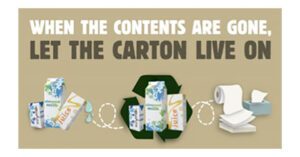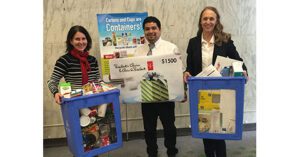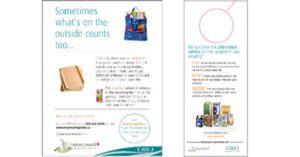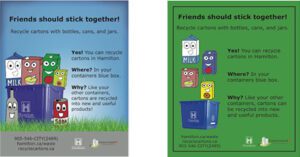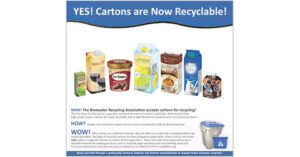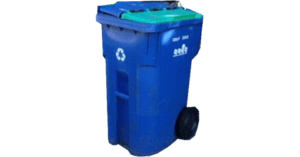Community Education Award Program
Category: Municipal Recycling Support
Time frame: Since 2021
Location: Ontario (2021), Quebec (2022), Atlantic Canada (2023), Alberta, Saskatchewan and Manitoba (2024)
Status: Active
Up to 15 organizations in Alberta, Saskatchewan and Manitoba can receive $2K each for recycling education efforts that include cartons
Carton Council of Canada (CCC) announced in April, the launch of the organization’s fourth Community Education Award program developed to support and enhance recycling education in Canadian communities.
In 2024, the Community Education Award program will focus on Canada’s Prairie provinces including Alberta, Saskatchewan and Manitoba. The first fifteen organizations to sign up for the program will be eligible to receive $2,000 each by demonstrating their proactive recycling education efforts, featuring food and beverage cartons.
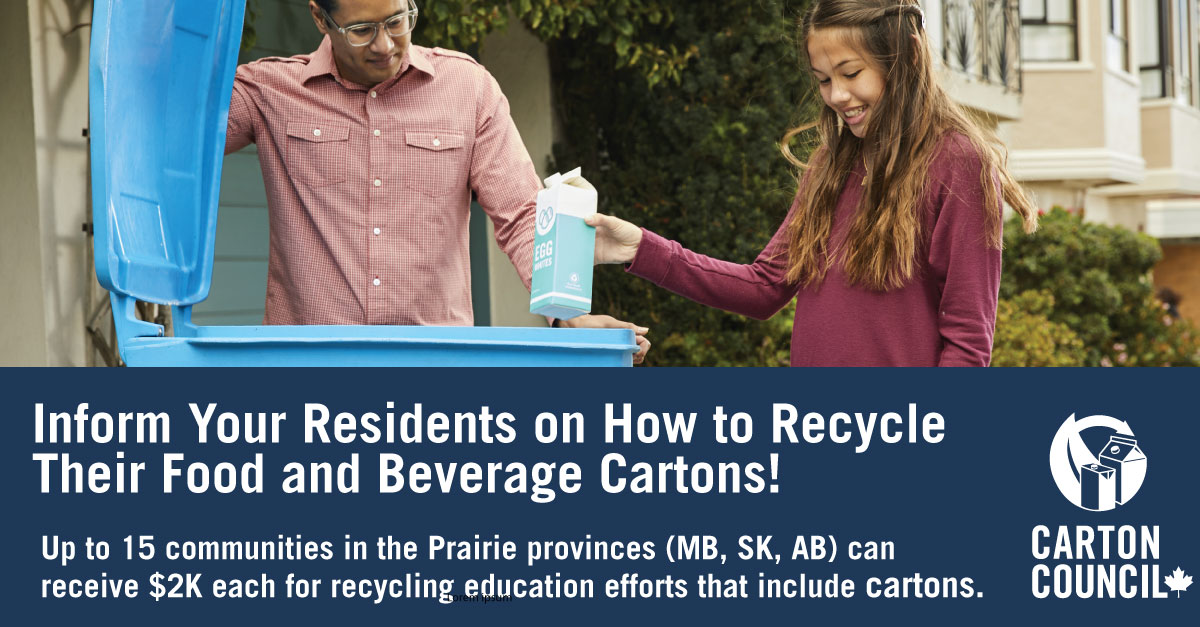

The award program is open to organizations based in Alberta, Saskatchewan and Manitoba that educate residents about their local recycling program. This includes:
- Municipalities and cities,
- Sorting Facilities (both municipal and privately-owned),
- Deposit Return System Operators,
- Not-for-profit organizations involved in recycling,
- Crown agencies, and
- Any other organization that has recycling education as part of its mandate.
Eligible recycling programs must accept food and beverage cartons.
Also, for the first time since the launch of the CEA program in Canada, each participating organization’s submission will be automatically considered to receive either a first, second or third place award of merit. Submissions will be evaluated for the awards of merit based on the following criteria:
- demonstrated communication improvement,
- utilization of the Carton Council best practices toolkit,
- community participation in the contest (e.g., number of engagement pertaining to social media ad, number of participants in an event, etc.), and
- number of activities.
Based on this evaluation, the first-place winner will receive an additional $3,000. The second-place winner will receive an additional $2,000 and the third-place winner will receive an additional $1,000.
- Review the Community Education Award Program Terms and Conditions
- Fill out this form to participate. CCC will review this form to ensure your organization’s eligibility for the program. Communications about the award program will be directed to the contact provided.
- Review the requirements and examples before submitting your entry.
- Submit your entry by November 1, 2024, providing details of your communications activities. Submission forms will be provided to all who sign up. Participating organizations will need to demonstrate that all requirements have been met.
Registration opens on April 22, 2024, and will close on June 21, 2024.
Steps for After You’ve Signed up to Participate:
- Ensure your website reflects Carton Council of Canada’s best practices when informing your residents on how to recycle their food and beverage cartons
- Implement at least two communications activities in which food and beverage cartons are featured. NOTE: Simply advertising your collection schedule or the list of materials accepted in your program does not qualify as a valid communication activity.
- After you have submitted your entry, it will be reviewed by CCC and you will be notified, confirming you have met the program requirements.
Requirement 1: Accurate website information
Community websites are the top place residents look to determine recyclability of a package (along with the packaging itself). While the award is focused on food and beverage cartons, we recognize the importance of education to promote recycling in general. Make sure your website accurately and clearly conveys that food and beverage cartons are accepted and should be recycled. Refer to the Carton Council of Canada’s best practices.
Requirement 2: At least two other communications activities
You will also be asked to provide at least two other examples of communications activities conducted during the specified period (April 22 – November 1, 2024) that educate residents about recycling in general, while also prominently including cartons, or that feature cartons exclusively.
Examples are:
- Social Media – Provide examples of how you’ve used social media to engage with your residents and educate them on what and how to recycle, including cartons
- Communication and Promotional Items – Can include items such as direct mail, bill stuffers, bin stickers, refrigerator magnets, brochures or other similar initiatives
- Events – Virtual or in-person events designed to educate your residents
- Advertising or Public Service Announcements – Paid or donated space or time that promotes recycling
- Earned Media – Articles in your local media that promote recycling
- Other – Any other activity used to promote recycling in your local program not already described
Participants can leverage the CCC’s Image and Ad Bank to support their efforts.
For any questions, please contact us.
Background
Since 2021, CCC has been holding its annual Community Education Award program, developed to incentivize and improve recycling education in communities across Canada. Each year, the program focuses on a different region of the country. So far, it has been organized in Ontario (2021), Quebec (2022) and Atlantic Canada (2023). It is open to organizations that educate residents about local recycling programs, particularly those that include food and beverage cartons. These include municipalities, sorting centres (both municipal and privately owned), not-for-profit organizations, deposit return system operators, crown agencies, governmental departments, and any other organization that has recycling education as part of its mandate.
To receive the award, participating organizations must show that their websites accurately and clearly define carton recycling. They are also asked to provide at least two other examples of communications activities conducted during the year that promote recycling in general, while also prominently including cartons.
The first fifteen organizations to sign up for the program become eligible to receive $2,000 each by demonstrating their proactive recycling education efforts featuring food and beverage cartons.

